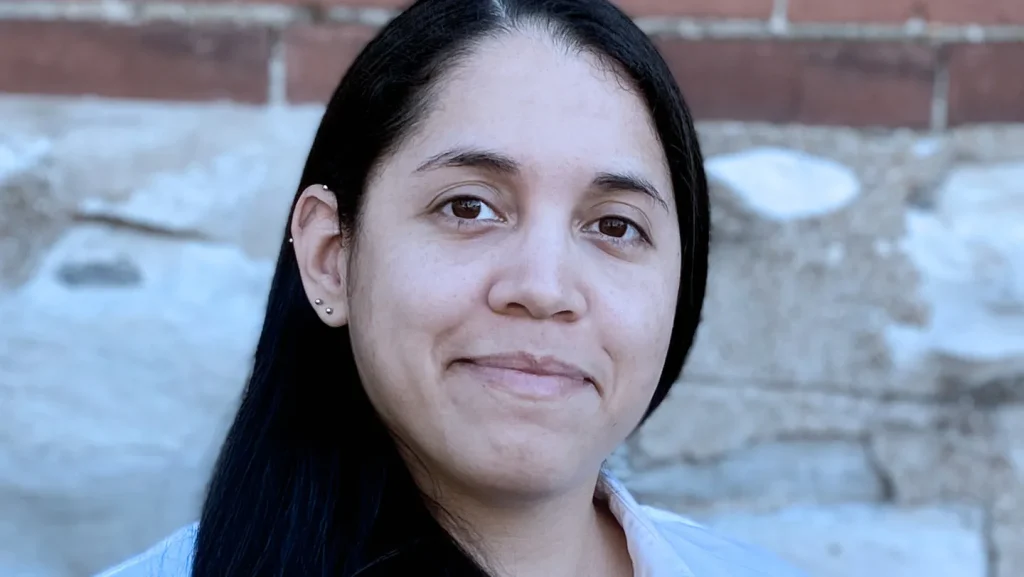Illuminating Young Minds: Dr. Cat Camacho’s Pioneering Work in Children’s Emotional Development
Dr. Cat Camacho stands at the forefront of a fascinating scientific frontier – understanding how children’s brains develop the essential ability to process emotions. Through innovative, kid-friendly brain imaging techniques, she creates comfortable environments where young participants can relax while she captures crucial data about their developing minds. This approach represents just one facet of her multidimensional research program dedicated to unraveling the mysteries of emotional development during childhood. Unlike traditional clinical settings that might intimidate young subjects, Dr. Camacho’s lab feels more like a playroom than a sterile research facility, with colorful decorations, gentle lighting, and engaging activities designed to put children at ease while sophisticated equipment quietly maps their neural responses to various emotional stimuli.
The path to understanding emotional processing in children presents unique challenges that Dr. Camacho addresses with creativity and compassion. Traditional brain imaging techniques like MRI scans require subjects to remain perfectly still in confined, noisy spaces – conditions particularly difficult for energetic youngsters. In response, Dr. Camacho pioneered adaptations that transform the experience, incorporating elements like comfortable seating, favorite stuffed animals, and even themed adventures where children imagine themselves as space explorers or underwater scientists while participating. This thoughtful approach not only yields better data by reducing movement artifacts but also creates positive experiences that make children eager to participate in follow-up studies, allowing for valuable longitudinal research tracking emotional development over time. Parents frequently report that their children ask when they can “play the brain games” again, unaware they’re contributing to groundbreaking neuroscientific research.
Beyond the technical innovations in imaging technology, Dr. Camacho employs a comprehensive approach to studying emotional development. Her research combines brain scans with behavioral observations, parent interviews, and age-appropriate tasks that measure how children recognize, understand, and respond to different emotional cues. This holistic methodology acknowledges that emotional processing isn’t solely a neural phenomenon but develops within social contexts and relationships. In one particularly illuminating study, Dr. Camacho tracked how children’s brain activity changed when viewing faces showing various emotions before and after participating in a social skills program. The results revealed not only measurable changes in neural pathways associated with emotion recognition but also improvements in real-world social interactions reported by parents and teachers, suggesting that emotional processing skills are both observable in brain function and malleable through targeted intervention.
The implications of Dr. Camacho’s research extend far beyond academic understanding, offering practical applications for supporting healthy emotional development in diverse settings. Her findings have informed the design of educational programs that help children develop emotional intelligence from an early age, provided guidance for clinicians working with children experiencing emotional regulation difficulties, and offered parents evidence-based strategies for nurturing emotional health at home. Particularly groundbreaking is her work examining how emotional processing development differs among children with various neurodevelopmental conditions like autism spectrum disorder or anxiety disorders. By identifying specific patterns in how these children process emotional information differently, Dr. Camacho’s research opens pathways to personalized interventions that work with, rather than against, each child’s unique neurodevelopmental profile. Schools implementing programs based on her research report reductions in behavioral problems and improvements in classroom cohesion as children develop stronger emotional awareness and communication skills.
Dr. Camacho’s dedication to this field stems from personal as well as professional motivation. Growing up with a younger sibling who struggled with emotional regulation, she witnessed firsthand both the challenges faced by children who process emotions differently and the transformative impact of appropriate support. This experience instilled in her a deep commitment to conducting research that makes a tangible difference in children’s lives, not just advancing theoretical understanding. Her lab exemplifies this ethos, maintaining strong connections with local schools, family support groups, and clinicians to ensure research questions address real-world needs and findings translate into practical applications. Dr. Camacho regularly conducts workshops for parents and educators, translating complex neuroscientific concepts into accessible guidance that can be implemented in daily interactions with children. “Understanding the neural basis of emotional development is fascinating scientifically,” she explains, “but what truly matters is using that knowledge to help children thrive socially and emotionally.”
Looking toward the future, Dr. Camacho’s research continues to evolve in exciting directions. New studies are exploring how digital technology impacts emotional processing development, examining cultural variations in emotional expression and recognition, and investigating the potential of targeted interventions during critical developmental windows. Advanced imaging techniques now allow her team to observe brain connectivity patterns with unprecedented detail, revealing how different neural networks coordinate during emotional processing tasks and how these connections strengthen over time. Perhaps most importantly, Dr. Camacho is committed to ensuring research in this field includes diverse participants representing various backgrounds, abilities, and life experiences – recognizing that truly understanding emotional development requires studying it across the full spectrum of human diversity. As technology advances and our understanding deepens, Dr. Camacho’s pioneering work promises to continue illuminating the remarkable journey through which children learn to navigate the complex emotional landscape of human experience, ultimately helping more young people develop the emotional processing skills that form the foundation for healthy relationships, effective learning, and lifelong wellbeing.













